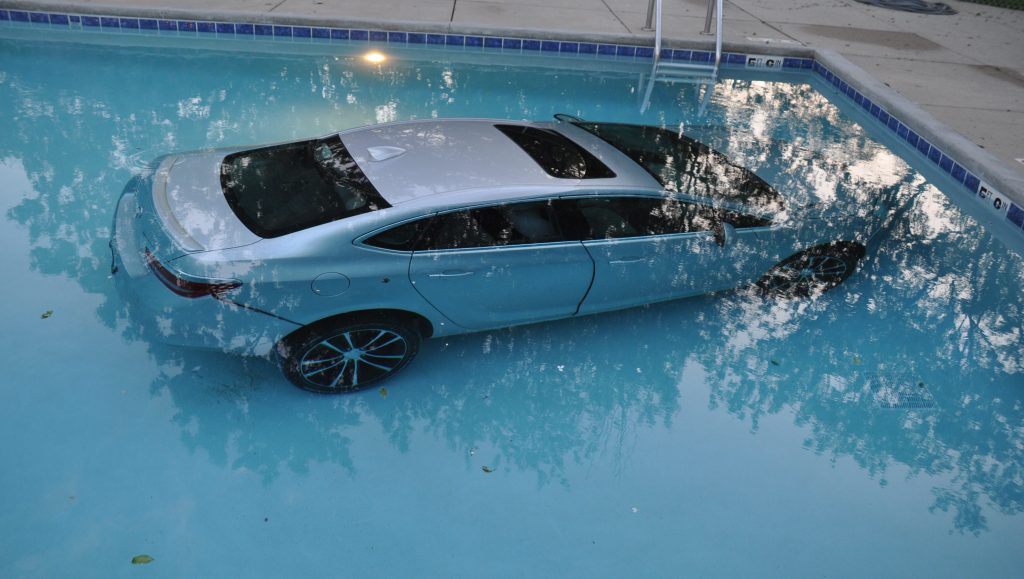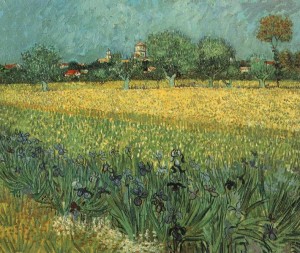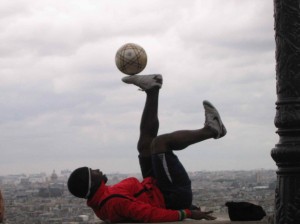Our subject of enquiry to-day, you will remember, is the mode in which fine art is founded upon, or may contribute to, the practical requirements of human life.
Its offices in this respect are mainly twofold: it gives Form to knowledge, and Grace to utility; that is to say, it makes permanently visible to us things which otherwise could neither be described by our science, nor retained by our memory; and it gives delightfulness and worth to the implements of daily use, and materials of dress, furniture and lodging. In the first of these offices it gives precision and charm to truth; in the second it gives precision and charm to service. For, the moment we make anything useful thoroughly, it is a law of nature that we shall be pleased with ourselves, and with the thing we have made; and become desirous therefore to adorn or complete it, in some dainty way, with finer art expressive of our pleasure.
And the point I wish chiefly to bring before you to-day is this close and healthy connection of the fine arts with material use; but I must first try briefly to put in clear light the function of art in giving Form to truth.
Much that I have hitherto tried to teach has been disputed on the ground that I have attached too much importance to art as representing natural facts, and too little to it as a source of pleasure. And I wish, in the close of these four prefatory lectures, strongly to assert to you, and, so far as I can in the time, convince you, that the entire vitality of art depends upon its being either full of truth, or full of use; and that, however pleasant, wonderful or impressive it may be in itself, it must yet be of inferior kind, and tend to deeper inferiority, unless it has clearly one of these main objects,—either to state a true thing, or to adorn a serviceable one. It must never exist alone—never for itself; it exists rightly only when it is the means of knowledge, or the grace of agency for life.
Now, I pray you to observe—for though I have said this often before, I have never yet said it clearly enough—every good piece of art, to whichever of these ends it may be directed, involves first essentially the evidence of human skill and the formation of an actually beautiful thing by it.
Skill, and beauty, always then; and, beyond these, the formative arts have always one or other of the two objects which I have just defined to you—truth, or serviceableness; and without these aims neither the skill nor their beauty will avail; only by these can either legitimately reign. All the graphic arts begin in keeping the outline of shadow that we have loved, and they end in giving to it the aspect of life; and all the architectural arts begin in the shaping of the cup and the platter, and they end in a glorified roof.
Therefore, you see, in the graphic arts you have Skill, Beauty, and Likeness; and in the architectural arts, Skill, Beauty, and Use; and you must have the three in each group, balanced and co-ordinate; and all the chief errors of art consist in losing or exaggerating one of these elements.
For instance, almost the whole system and hope of modern life are founded on the notion that you may substitute mechanism for skill, photograph for picture, cast-iron for sculpture. That is your main nineteenth-century faith, or infidelity. You think you can get everything by grinding—music, literature, and painting. You will find it grievously not so; you can get nothing but dust by mere grinding. Even to have the barley-meal out of it, you must have the barley first; and that comes by growth, not grinding. But essentially, we have lost our delight in Skill; in that majesty of it which I was trying to make clear to you in my last address, and which long ago I tried to express, under the head of ideas of power. The entire sense of that, we have lost, because we ourselves do not take pains enough to do right, and have no conception of what the right costs; so that all the joy and reverence we ought to feel in looking at a strong man’s work have ceased in us. We keep them yet a little in looking at a honeycomb or a bird’s-nest; we understand that these differ, by divinity of skill, from a lump of wax or a cluster of sticks. But a picture, which is a much more wonderful thing than a honeycomb or a bird’s-nest,—have we not known people, and sensible people too, who expected to be taught to produce that, in six lessons?
Well, you must have the skill, you must have the beauty, which is the highest moral element; and then, lastly, you must have the verity or utility, which is not the moral, but the vital element; and this desire for verity and use is the one aim of the three that always leads in great schools, and in the minds of great masters, without any exception. They will permit themselves in awkwardness, they will permit themselves in ugliness; but they will never permit themselves in uselessness or in unveracity.
And farther, as their skill increases, and as their grace, so much more, their desire for truth. It is impossible to find the three motives in fairer balance and harmony than in our own Reynolds. He rejoices in showing you his skill; and those of you who succeed in learning what painter’s work really is, will one day rejoice also, even to laughter—that highest laughter which springs of pure delight, in watching the fortitude and the fire of a hand which strikes forth its will upon the canvas as easily as the wind strikes it on the sea. He rejoices in all abstract beauty and rhythm and melody of design; he will never give you a colour that is not lovely, nor a shade that is unnecessary, nor a line that is ungraceful. But all his power and all his invention are held by him subordinate,—and the more obediently because of their nobleness,—to his true leading purpose of setting before you such likeness of the living presence of an English gentleman or an English lady, as shall be worthy of being looked upon for ever.




